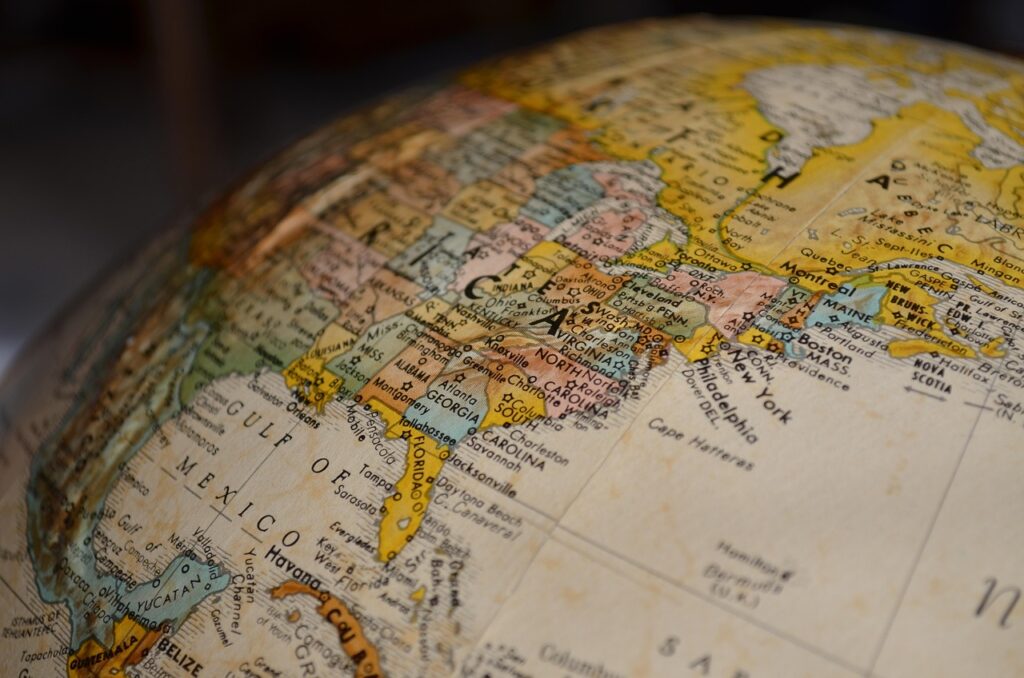The United States has marked differences in the tariff treatment of Mexico and Canada related to energy, geopolitics and retaliation.
This Thursday, U.S. President Donald Trump granted Mexico a 90-day extension to negotiate terms to avoid the 30% tariff on Mexican products imported by the United States.
In contrast, Canada has not reached any agreement with its southern neighbor and is not likely to do so, taking into account Trump’s own statements.
If no agreement is reached, U.S. customs will impose a 35% tariff on imports from Canada starting this Friday.
Tariff treatment of Mexico and Canada
On the geopolitical front, Trump on Thursday expressed his opposition to Canadian Prime Minister Mark Carney’s plan to recognize Palestine as a state in September, subject to Palestinian Authority reforms.
Trump has also taken into account the retaliation edge: the five percentage point difference between the 30% tariff on Mexico and the 35% tariff on Canada is because Canada responded with retaliation to several previous tariffs set by the Trump Administration, while Mexico has not implemented retaliatory measures so far.
Trump has imposed a series of tariffs on Mexico and Canada: 50% on steel, aluminum and copper; 25% on non-US content in automobiles; and 25% on any product that does not comply with the rules of the Treaty between Mexico, the United States and Canada (USMCA), with the exception of potash.
For illustrative purposes, potash refers to potassium chloride (KCl), a fertilizer imported by the United States.
The energy-related issue relates to the United States granting exemptions to the general 25% tariff on oil and gas imports originating only from Canada.
Retaliation
Some Canadian provinces responded with retaliation, such as restrictions on U.S. alcohol and possible limits on government procurement.
In reaction to the steel and aluminum tariffs, Canada imposed a 25% tariff on U.S. imports valued at C$29.8 billion.
It also applied tariffs on U.S. vehicles that do not comply with the USMCA. In addition, it challenged the tariffs before the WTO and granted exemptions for certain companies, seeking to reduce the economic impact.

